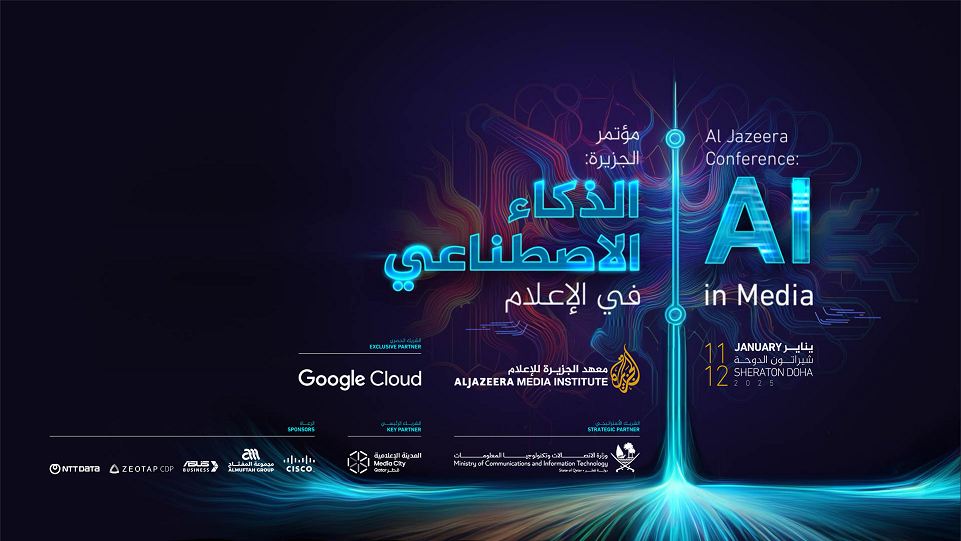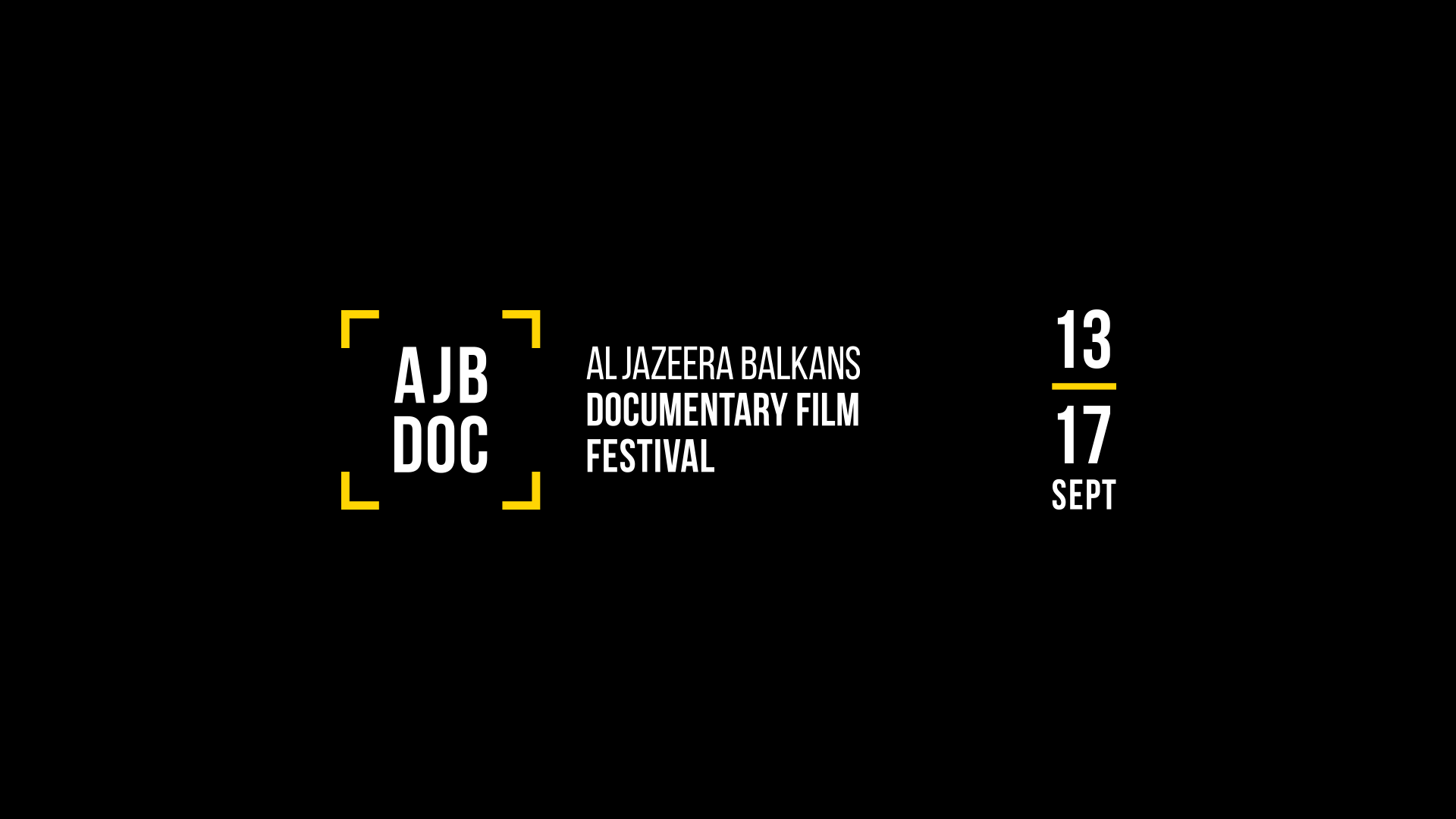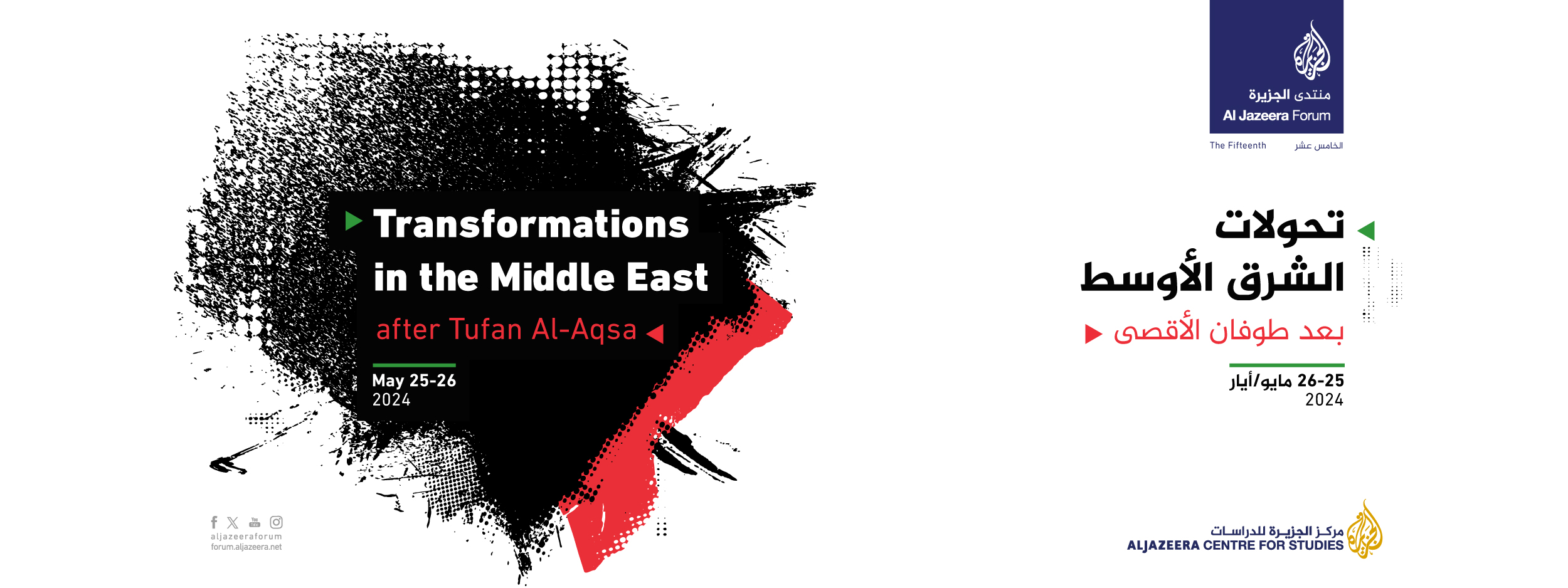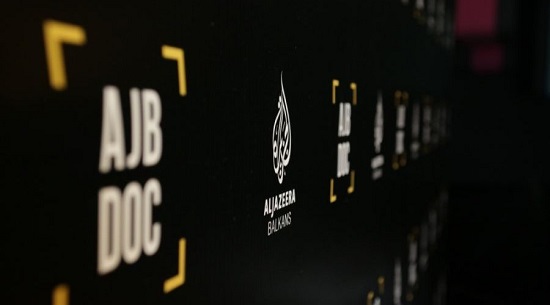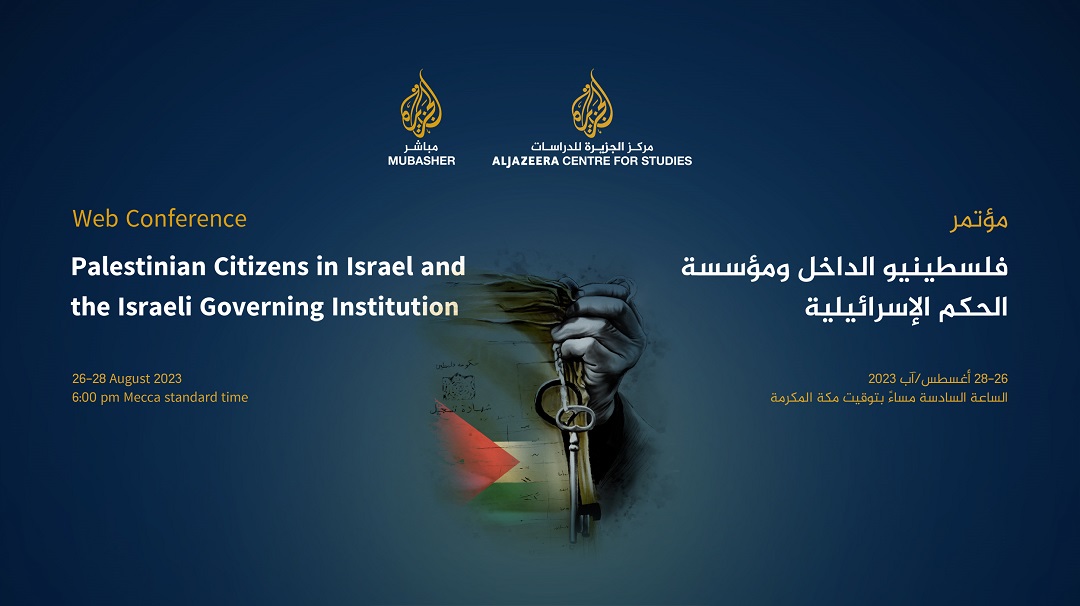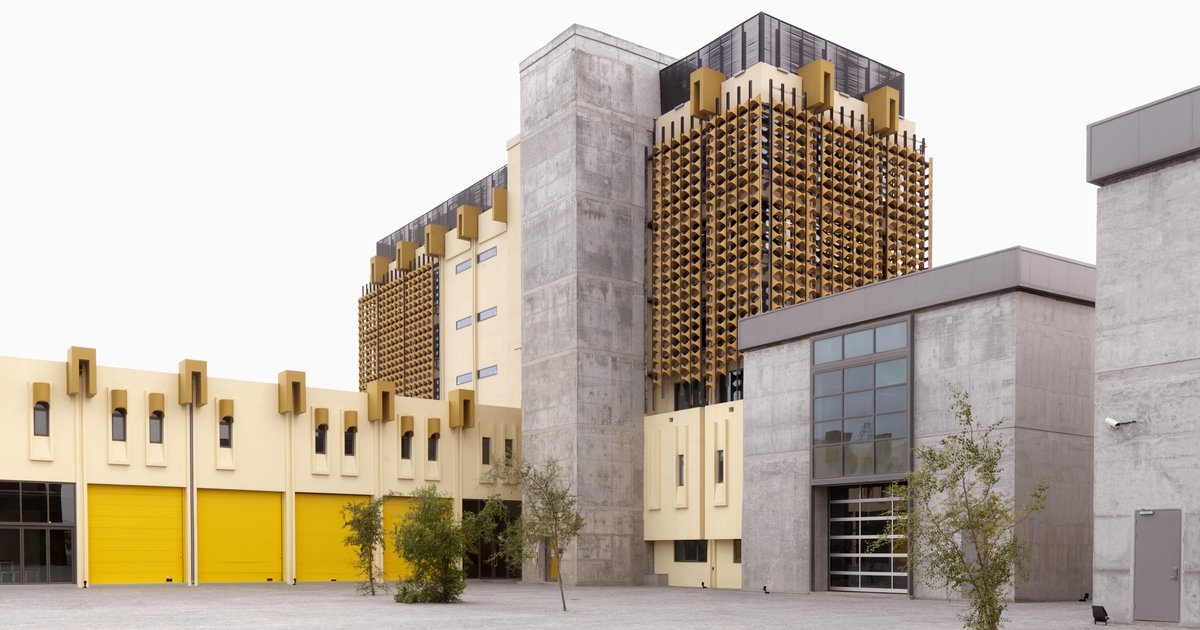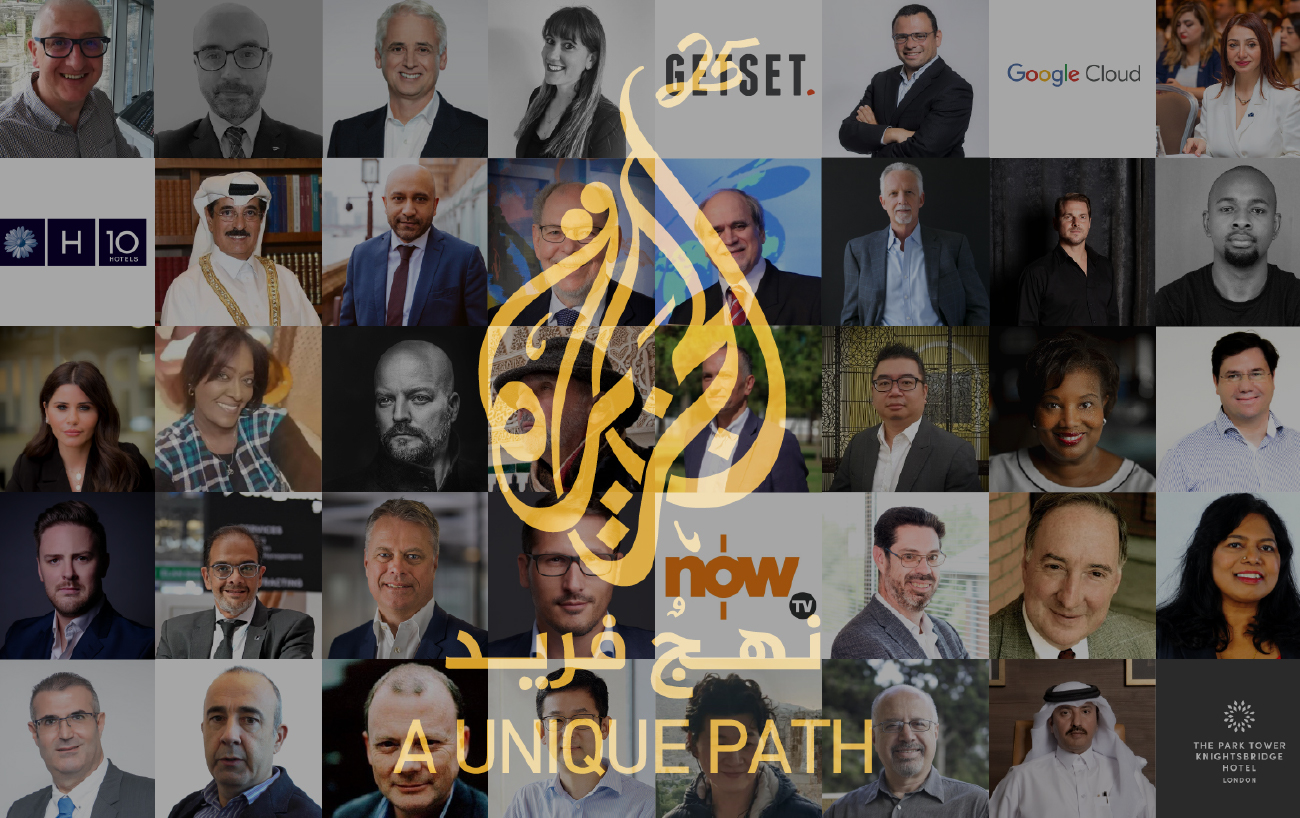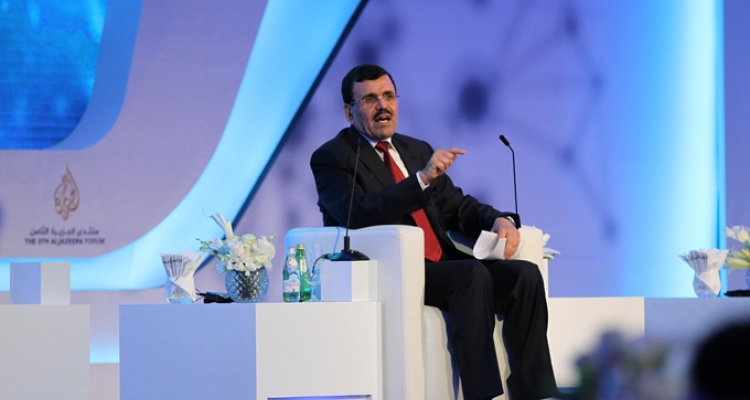
Former Tunisian Prime Minister Ali Laarayedh: Arab States Will Not Regress Despite Setbacks
In his keynote speech to 8th AlJazeera Forum guests, Dr. Ali Laarayedh promised the situation in Arab states would not regress to what it was at the end of 2010, despite setbacks and obstacles facing what have come to be known as the Arab Spring countries. He said Arab states continue to face monumental factors on their path to reform, including weak independent parties and organizations, violation of private and public rights, oppression, victimization, marginalization, unemployment, class-based rifts and poor economic development.
In contrast, he said, youth awareness has increased, benefiting from modern means of communication, and youth have come to know what advanced democratic states have achieved, including peaceful transfer of responsibilities, political and cultural freedoms, human rights protection, gender equality, social justice and transparency in dealing with public funds. All these achievements have stirred an ongoing conviction in the Arab world that excuses offered by despotic regimes are frail.
Given his close experience with the Tunisian revolution, Dr. Laarayedh discussed challenges facing it. Injustice in the country stirred the people to a popular revolution and desire to rid themselves of the regime. While the people overthrew the regime, there remain five key challenges facing the country:
• Criminal and terrorist elements have taken advantage of regional events to exert dominance;
• Rights-protection and institution-building, as well as consensus on the transitional phase, constitution-drafting and elections;
• Economic development, particularly because Tunisian youth are waiting for tangible solutions to unemployment and poverty, particularly projects requiring foreign investment;
• Addressing transitional justice and restitution for past injustices;
• International support as well as opposition for change in Tunisia, particularly because foreign intervention is a threat to any country.
National dialogue has been a tactic used to address Tunisia’s challenges, as has been the Tunisian Troika’s dedication to putting national interests above everything else, including party affiliation, to preserve internal stability. Dr. Laarayedh concluded by reminding guests the revolutions and subsequent events are the future, not the beginning, because elections are not democracy, but rather the beginning of democracy.

